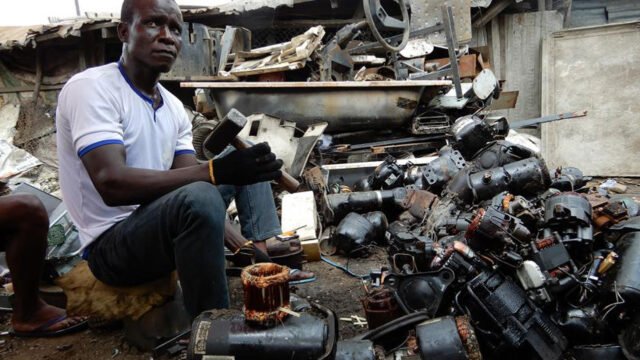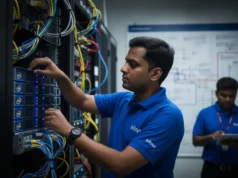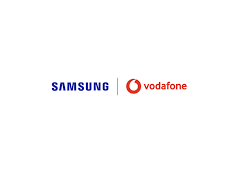In the bustling streets of Lagos, there is a quiet but growing revolution underway. Here, a new generation of circular e-waste startups is turning what many see as obsolete — discarded smartphones, tablets and other gadgets — into what others need most: affordable educational technology devices. The phrase “Circular e-waste startups: turning Lagos’ discarded phones into affordable edtech devices” is no longer just a concept, but an emerging reality in Nigeria’s largest metropolis.
My first encounter with this movement came when I visited a small workshop in Ikeja, where second-hand phones destined for landfill were being stripped, tested and refurbished. What had once been a clutter of broken and unused handsets is now being reborn as low-cost tablets and learning hubs for students in underserved communities. It is a striking example of how circular economy thinking is taking root in West Africa — and how Lagos is beginning to lead the charge.
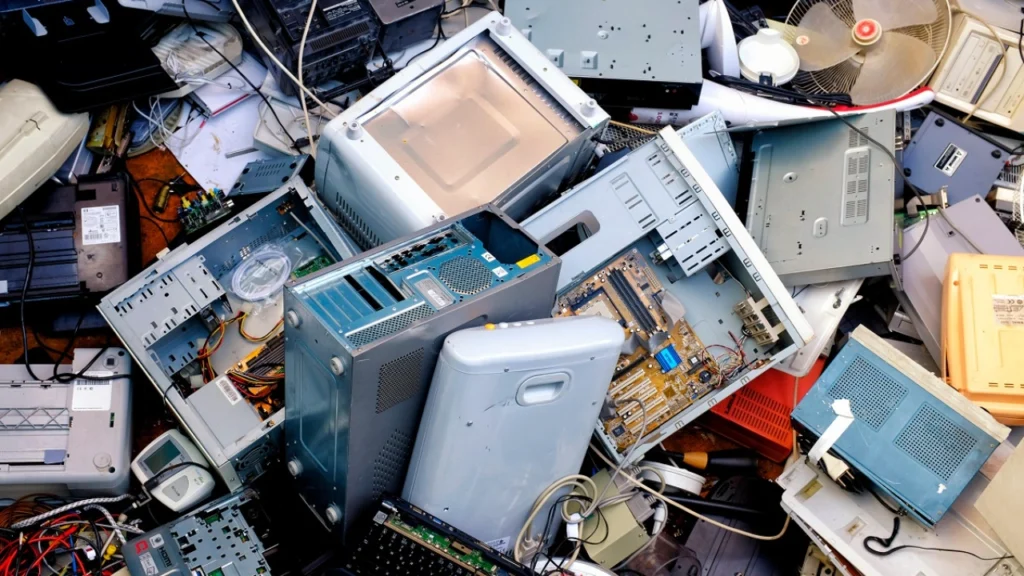
Table of Contents
From E-Waste Challenge to EdTech Opportunity
Lagos generates vast quantities of electronic waste. A 2024 survey revealed that a large number of households and small businesses hold multiple old gadgets—phones, laptops, tablets—that are rarely recycled. Some owners simply tuck them away; others sell them for a few thousand naira to scrap buyers.
One report noted how discarded devices are “fuel” for the e-waste crisis in Nigeria: outdated gadgets, unused for years, quietly accumulate in homes. Simultaneously, the digital divide remains a persistent problem: many students in Lagos and across Nigeria cannot afford brand-new tablets or high-end smartphones, leaving a gap in access to modern educational resources.
Enter circular e-waste startups: turning Lagos’ discarded phones into affordable edtech devices. These ventures recognise both the environmental challenge and the educational opportunity. By collecting and refurbishing discarded phones — often donated, traded or sourced through informal networks — they extend device lifespans, reduce waste, and deliver cost-effective edtech tools to schools, community centres and low-income learners.
One model sees old phones transformed into mini-computers or learning tablets: for example, replacing worn-out batteries, installing open-source educational software, and bundling multiple devices into classroom sets. The dual benefit is clear: fewer phones heading to dump sites and more learners gaining access to technology.
How the Circular Workflow Works
The workflow behind these circular e-waste startups is detailed, grounded and increasingly professionalised — a far cry from the informal scrap-yard image many might assume.
- Collection and sourcing: Startups partner with repair shops, pawn markets, device upgrade networks and even individual consumers to gather discarded phones. The value is often unseen: many phones still have working screens, cameras, and processors, even if their owners have upgraded.
- Assessment and de-duplication: Devices are tested, cleaned, wiped of data, and assessed for reuse or for parts. Entirely faulty components may be harvested for spare parts, while working units proceed to refurbishment.
- Refurbishment and conversion: This is where the edtech twist comes in. The startups reconfigure the phones — sometimes converting them into tablets (via larger displays), sometimes grouping them into “learning hubs” with preloaded educational content, sometimes bundling them as shared devices in communal settings.
- Deployment and social impact: The refurbished edtech devices are then supplied to schools, NGOs, community learning centres, and low-income households. Some ventures also provide training, teacher support and follow-up to ensure the devices are used effectively.
What stands out is that this isn’t purely an environmental play — it’s also about access, affordability and educational equity. By embracing a circular approach, these startups are delivering both social and environmental value.
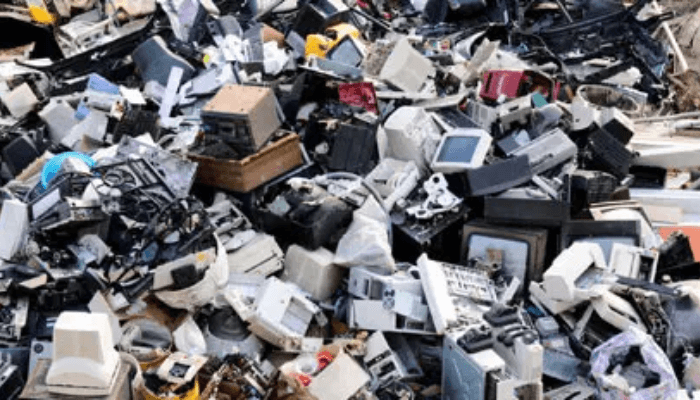
Why Lagos Matters
Lagos, Nigeria’s commercial and demographic powerhouse, is an ideal setting for this transformation. With high mobile-penetration rates, a large population of device-users, and a robust informal electronics market, the city has both the raw materials (discarded phones) and the need (affordable edtech) for circular models.
Moreover, Lagos’s environmental and waste-management challenges amplify the urgency. A research paper on e-waste in Lagos highlighted the dominance of informal actors and the lack of a structured “extended producer responsibility” framework — meaning there is a large unmet need and a large opportunity.
Within this context, circular e-waste startups: turning Lagos’ discarded phones into affordable edtech devices is more than a headline—it’s a tangible response to a local problem with global relevance.
The Human Story: Voices from the Field
I spoke with several founders, educators and students who are part of this movement.
One startup founder described how a batch of 500 donated phones was transformed into 50 classroom-tablet kits, each serving ten students. She recalled the moment when a school teacher told them:
“We haven’t had enough devices for every student. Now, because of what you’ve done, three kids can share a tablet instead of only one per class.”
Another educator shared how the refurbished devices helped bridge the technology gap:
“Even with limited internet, we preloaded content—videos, offline textbooks, interactive quizzes. It’s not perfect, but for our students, it’s a huge leap from no device at all.”
On the environmental side, one technician pointed out:
“That phone you were ready to throw away? It had months, even years of life left. By repurposing it we kept it from a landfill and gave it purpose again.”
Together, these voices highlight how circular e-waste startups: turning Lagos’ discarded phones into affordable edtech devices is a phrase rooted in lived experience: of phones, schools and eager learners.
Challenges and the Road Ahead
Despite the promise, these circular-e-waste-to-edtech initiatives face real obstacles.
Quality control and lifespan: A refurbished device may not last as long as a new one. Ensuring durability, battery life and sufficient performance remains a challenge.
Data security & privacy: Wiping, re-installing, and converting devices require robust processes to protect previous users’ data and ensure reliability for new ones.
Internet and connectivity limitations: Many target communities have limited or intermittent internet access, which constrains how “smart” a device can be.
Scalability and funding: These startups typically operate on tight margins, balancing low-cost devices with social impact. Scaling to serve thousands of learners across multiple states requires investment and operational efficiency.
Policy and regulation: As the research on e-waste in Lagos found, the lack of formal frameworks hampers coordination between informal collection networks and formal refurbishment operators.
Nevertheless, the upside is compelling. By reducing demand for brand-new devices, lowering environmental impact, and expanding access to edtech, the model offers a triple win.
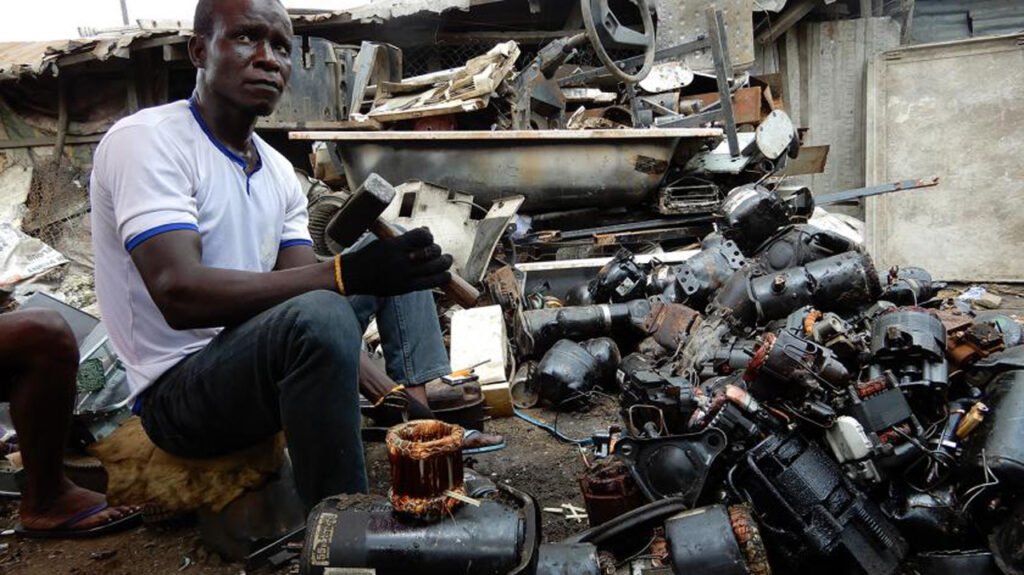
Conclusion
The phrase circular e-waste startups: turning Lagos’ discarded phones into affordable edtech devices encapsulates an emergent movement that is simultaneously green, socially progressive and locally rooted. The city of Lagos may be leading the way, but the implications reach far beyond—offering a template for other urban centres in Africa and beyond that seek to turn waste into opportunity, and obsolete phones into tools of learning.
As these startups mature, we may well see a visible shift: fewer piles of discarded gadgets, more bright screens lighting up classrooms, and a smaller environmental footprint for the tech we so quickly upgrade. In the end, it’s about repurposing more than phones—it’s about repurposing hope, access and opportunity.
Join Our Social Media Channels:
WhatsApp: NaijaEyes
Facebook: NaijaEyes
Twitter: NaijaEyes
Instagram: NaijaEyes
TikTok: NaijaEyes


